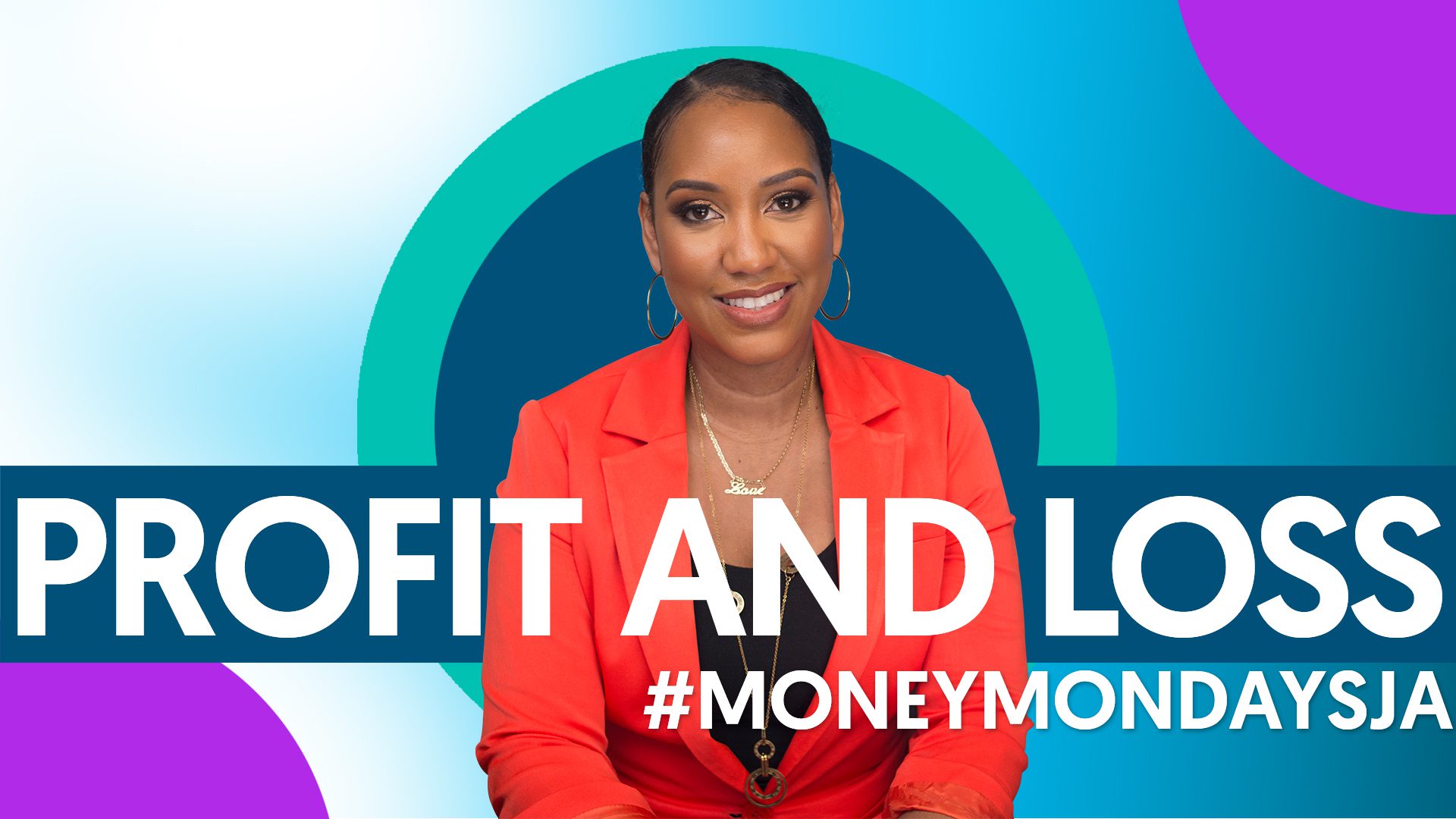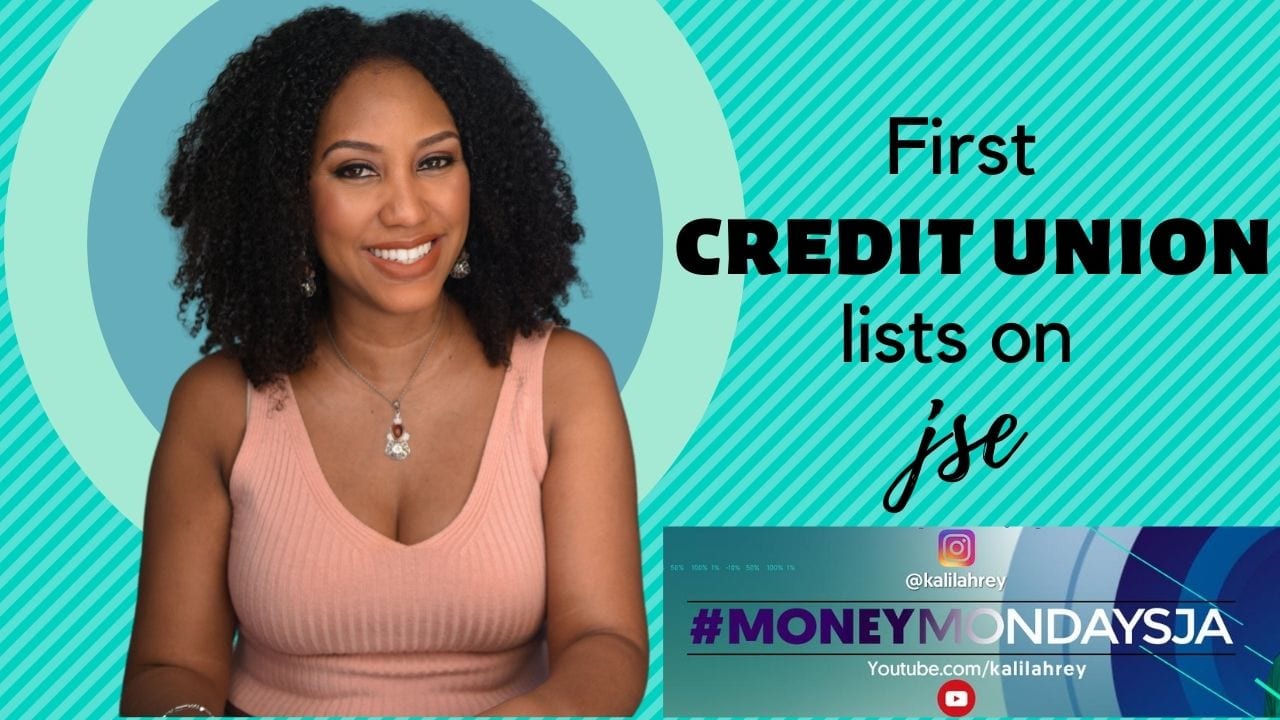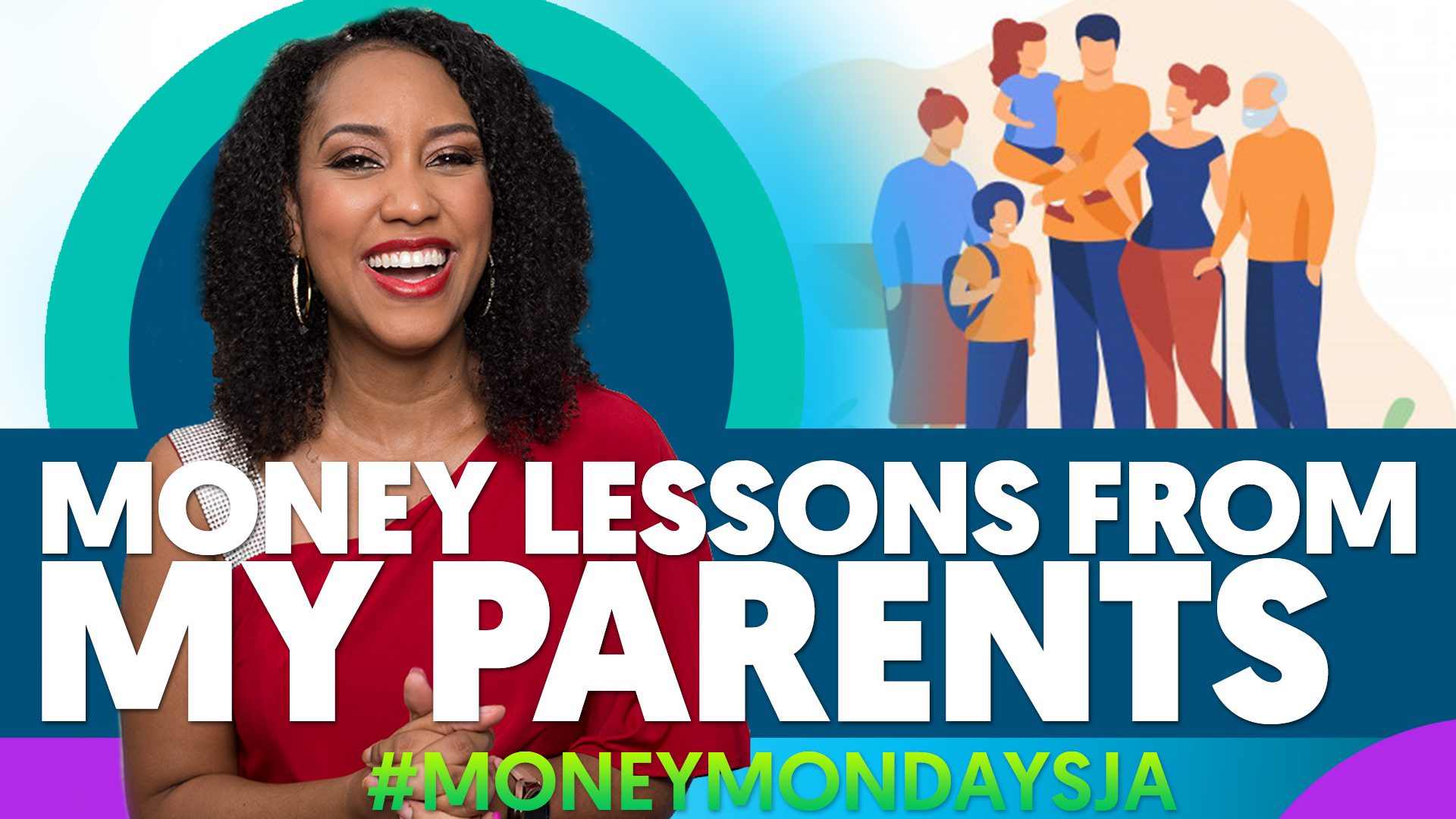I recently took a trip back home to Belize. For those who don’t know, I was born and raised in Belize and moved to Jamaica in 2008. I got to spend time with my family and friends, visited my childhood home and it got me thinking about nine things I learned from my parents about money. Are you ready for this?
I grew up hearing the traditional advice about life and money: go to school, study hard, get good grades, get a job, work hard, maybe you’ll get a promotion and eventually you can buy a house. That was the extent of financial education passed down from generation to generation. It may even sound familiar to you. But when I went back home recently, I realized that I learned a lot more than that from my parents through the things that they have done with their lives, as opposed to the things that they actually said to me. There were many things that they set the example for, that I internalized, and that made me into the woman I am today and I am going to be in the next several years.
My parents are interesting. They kind of define opposites attract. My dad is, for lack of a better word, extremely cheap or frugal. He doesn’t like to spend money on anything! Anyone who knows him can tell you that. Mom, on the other hand, values quality over price. She will invest in things that are going to last a long time. That brings me to my first lesson.
1. How to be frugal.
I learned from early on how to be frugal and how to not spend a lot of money. Simple things like turning off all the lights when it’s not in use, turn off the fans when it’s not in use. We would get punished for things like leaving the lights on or not finishing all our food. Simple things like that: not wasting. He had another rule, which I thought was disgusting, and I still do. You know the saying: if it’s yellow, let it mellow. If it’s brown, flush it down. Yes. That was his way of conserving water and that was the rule in our house because of dad’s frugality. So, I learned from a very early age how to save money, how to not waste things and how to live on less. In part, because of that frugality, my parents were able to help me when I went to college. Even though I had a scholarship, there are other expenses I would have to meet.
On the other hand, my dad would say my mom likes to spend. Compared to him, anybody likes to spend. But what she values, and I noticed from her is my next point.
2. Value quality
When my mom goes shopping, she might buy a whole lot of stuff and overspend, but she’s going to carefully select what she chooses to buy based on the quality of the item. She will know the item is going to last a long time and she won’t have to replace it every couple of months, or, if it’s a more expensive item, every couple of years. If you put the money in now, it will last you a long time, and it will do a better job, it will look better in your home and it will serve you better overall. The really important lesson I learned from my mom was all about value and quality. I got that balance: both the frugal side and the value side.
So, you may have seen me post on my Instagram stories and my Instagram feed about my childhood home and a house tour. And the lesson here is my next one.
3. Start with what you have
So many of us get caught up in wanting the dream home, or the dream job or the dream whatever else. We hold out. We don’t want to buy the tiny 500 sq ft 2- bedroom house or apartment. Yes, I say house because that was the size of the house I grew up in when I was very, very young. That was the size of the house my parents bought in Belmopan, Belize. It was tiny! It was smaller than the studio I’m in right now, which is 600 sq ft. And it was 2 bedrooms, a bathroom, a kitchen, you know, a fully functional house, just very small. When I was small, I didn’t notice how small it was, because I was small too. Maybe it felt small to them, but to me, it was just a house, a place to live. The kids, they don’t really notice. They just want to be with you and have space to have fun. We definitely had that. We had a big yard. When I was a little bit older, my parents added a third bedroom to the house so my brother and I got our own bedrooms. Then, when I was a teenager, they added the upstairs to the house, and it started looking a lot more like that dream home that they envisioned many, many years before. And, later on when I was an adult, the same year that I moved to Jamaica, they built their dream home and are living in that home now.
Their dream may have gone through many iterations and phases, but the important thing they did was to start early and young and to start with what they had. So, my mom’s a teacher and my dad at the time was a public servant, working for the government. And they used those salaries to buy their first home, which was tiny and many of us in my generation might not be satisfied with for their first home. I find that values have changed a lot, and it’s a lesson that I really need to humble myself and take right now, come to think about it. Start where you are and grow from there. That lesson applies to not only buying a home, but everything. I’ve said before I started this business with just myself and my imagination. Now, we have a studio and equipment, we have people working for us full time. You just start where you are and you grow. Don’t feel like you have to be perfect, or have the dream situation in order to start.
4. Invest in real estate
This is another one I haven’t quite taken up in the way I should, but being home and now that I’m thinking about it, I really think it is an important lesson. We have talked about the keys to wealth creation. I talk a lot about stocks, and I’ve mentioned real estate and entrepreneurship being the keys to wealth creation. Of these three, I’ve said that stock market investing is the least inhibitive road towards wealth creation. You can use the money that you earn from stock market investing to invest in the other areas like real estate that require a lot of initial capital. Whereas for entrepreneurship, it requires a lot of time. You may be able to start with very little money, but it will drain your energy and your time, but it’s worth it in the end. At least, it is to me. But entrepreneurship isn’t for everybody. In Belize, there is no stock market, so there’s very limited options. But I’ve noticed a lot of Belizeans tend to build homes, as opposed to buying homes, and that becomes the source of wealth for the family. My parents now own a handful of properties, which they rent. My dad has a small construction company, so they build for other people, or they build and sell the homes. So, what they have done is secure a decent income for themselves through real estate investments: rental properties, buying and selling or buying and holding. That brings me to my next lesson.
5. Control your destiny
This lesson came from my dad. I remember this strongly when it happened. When I was younger, he worked for the government as a quantity surveyor. He still is a quantity surveyor. That’s what he was trained for and went to school for. They are the people who, when you’re building something, will give you all the estimates for everything you need to buy and how much it will cost you for whatever you’re building. His title is quantity surveyor and construction economist. I remember as a kid, how those words seemed so long and I actually had no idea what they meant. People would ask me what my dad did and 5-year-old me would say “my daddy is a quantity surveyor and construction economist.” These big words coming out of this little mouth. It reminds me a lot of Nirisi. I had no idea what those words meant at the time, but I definitely know now. It kind of goes back to his miserly ways, figuring out how to do things for less.
Coming back to the lesson, which is controlling your own destiny, I distinctly remember the moment when he left his cushy government job, with benefits and everything, to go off on his own and launch his own business and become an entrepreneur. I distinctly remember him saying that there was so much more money to be made, on his own, and in the private sector and he gets to set his own hours, and all these other benefits he was talking about. I don’t remember how old I was, but I don’t think I was a teenager yet. I’ll have to ask him what he year he branched out, but he’s been on his own ever since and it’s been good for him. And that’s a lesson I learned just observing his experience, with controlling his destiny and his own environment. I feel like the entrepreneurship bug has been in me for a long time.
6. Minimize your business expenses
Ever since my dad has had his business, he’s had a home office. He didn’t go out and build a fancy one somewhere. He has just worked from home, and he’s been very diligent with that. Fortunately, myself and my brother, were a bit older at the time, and it seems like men don’t get annoyed at home as much as women do, so, that was a motivator for him. But, this was a way that he was able to minimize his business expenses, and run a successful business.
7. Growing and scaling
Now this is a lesson from what my dad didn’t do with his business. I don’t know what his revenue numbers are and I’ve never looked at his books. He probably would’ve said I was too nosy because kids aren’t supposed to ask their parents about money. Maybe now that I’m in the finance space, I may ask him one day. As far as I can tell, or maybe it’s because of the thought process I have, that because he stayed in the home office for all these years, he hasn’t been grown and scaled. He stayed fairly the same. I’m not sure what the revenue numbers have looked like, but I’m sure with inflation, they have grown over time. But he hasn’t gone from running a one-man business to running a huge business. It remains, at least on the surface, more or less the same size of business, with taking on the same size of projects like building homes for people, as opposed to taking on massive projects and massive developments. He hasn’t really sought to scale the business. And that’s a personal decision for everyone. I think, as an entrepreneur, once you get comfortable and you’re making enough money to support your family, a lot of people decide that they’re comfortable there and that they don’t want to grow and scale any further. I’ve always wondered why he hasn’t gone further with the business, but like I said, it’s not something that everybody has the desire to do.
But looking at that example, I realized that it is something that I have the desire to do. I definitely want to grow and scale. This is a business that I want to take further, and I’ve been taking active steps to grow and scale my business. So, it started out, like I said, with a cell phone and me. It’s now grown to four full time employees, equipment, a studio, and various revenue streams. I have plans for where I want to take this business and grow and scale.
8. Planning for retirement
Now this is a lesson I actually learned by observing my grandparents, who I went to visit when I was home as well. My maternal grandmother passed a few years ago, and my maternal grandfather passed several years ago. But my dad’s parents are still alive, and quite healthy. They were schoolteachers in Belize for a very long time, up until retirement age, which was, and still is, in Belize, 55 years old. That’s pretty young, when you think about it. At 55, I feel like you are at the peak of knowledge and you have so much more to contribute, which is probably why, when they retired in Belize, they migrated to the United States to take on additional careers. So now they have their pensions as school teachers to collect, and they are also earning from these careers in the US that they decided to take on. So, they were working in the United States for a number of years. I had the benefit of living with them for a couple of years while I was in college, and they do know how to live frugally, so I see where my dad got it from! If our parents’ generation had it rough, then our parents’ parents definitely had it rough growing up. We’re talking pre-independence era, under British rule and things were not easy.
They’ve taken that frugality throughout their lives. They took on that second job after “retirement” and then retired from those jobs and went back to Belize to live comfortably on their pensions as teachers, and whatever earnings they would’ve save up from their jobs in the United States. I’m not sure if they invested anything in any pension fund from there, but now they live quite comfortably! They’ve been able to live happily and pay their bills, and they even gave me a really handsome sum of money when I got married in 2015. I think that’s really awesome for grandparents to have that level of support and income based on the fruits of their labour. They don’t have to be suffering in their older age. My granddad actually has either Alzheimer’s or dementia, I’m not entirely sure which one, but he doesn’t remember me, which is sad, but he seems happy. He doesn’t even remember my dad, one of his children, so that’s unfortunate. But he and my grandmother are both in their 80s and they have medical expenses, and they’re able to cover that on their own. They don’t have to be asking their children to support them in their elderly age because they made those plans a long time ago for retirement. As a matter of fact, when we went to their home recently, my dad was commenting that my grandma likes to spend! And he was pointing out the new couches and this and that, and I replied “well if they don’t spend it now, when will they ever spend it? This is what they worked all their lives to have.” They prepared their whole lives for this moment, so that when they reach this age, they are comfortable. That was a really great lesson to learn, again, by observation.
9. Taking care of your body
I don’t know if it’s directly a money lesson, but it has to be, because health is our wealth, right? I remember growing up, both my parents struggled with being overweight. Every now and again, my mom would do cycles, or run on the road, and do some exercise, and after a while, she would stop and you don’t see her doing it anymore. My dad never seemed to care much about exercise or what he ate. He just ate what was prepared. And you cook according to the traditions that you learn, which isn’t the healthiest, by the way. But later on, as they grew older, well into their 50s, maybe late 40s, I started noticing them changing their diet and exercising more. They’re fitter than me! Both my parents, 20 plus years older than me, can beat me in a race any day. Maybe not in a speed race, but in an endurance race like a 5K, they will definitely place ahead of me. I’m a little bit embarrassed to say, but that’s just to demonstrate that they have been taking care of their bodies. They have collectively lost a lot of weight and they eat healthy.
So, here’s the question: What money lessons are you passing down to your children. Not necessarily by the things you say, but by the things you’re doing and the actions that you’re taking. I hope you’re passing down the lessons of investing, especially in stocks, how to be frugal, looking for quality and very important things that you’re children are going to take with them for generations to come.
Categories: MoneyMondaysJA
Audio Only
More #MoneyMondaysJA Episodes






Leave A Comment